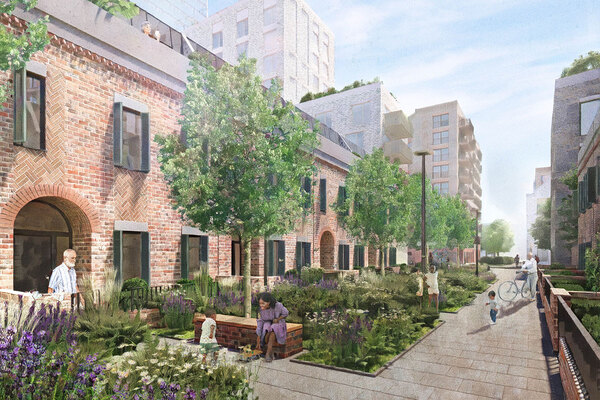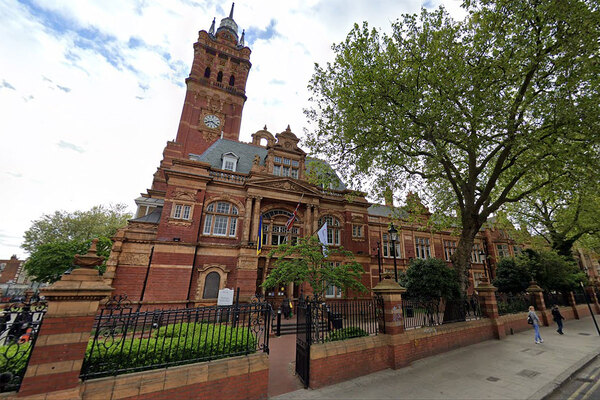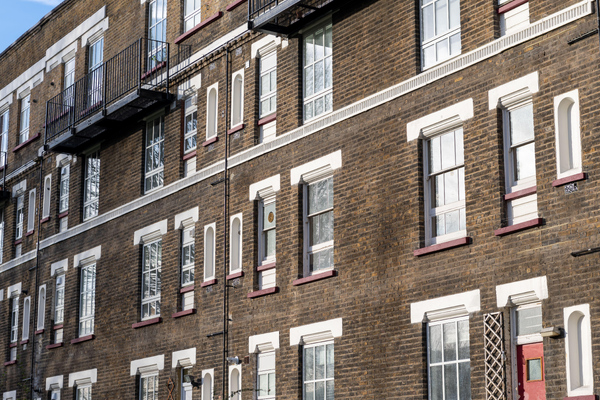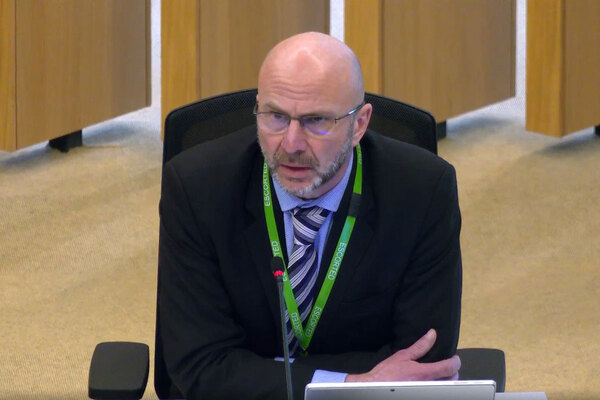You are viewing 1 of your 1 free articles
London council requests bail-out after temporary accommodation bill rises 936% to £100m
Newham Council has requested exceptional financial support from the government to deal with a 936% increase in temporary accommodation costs.
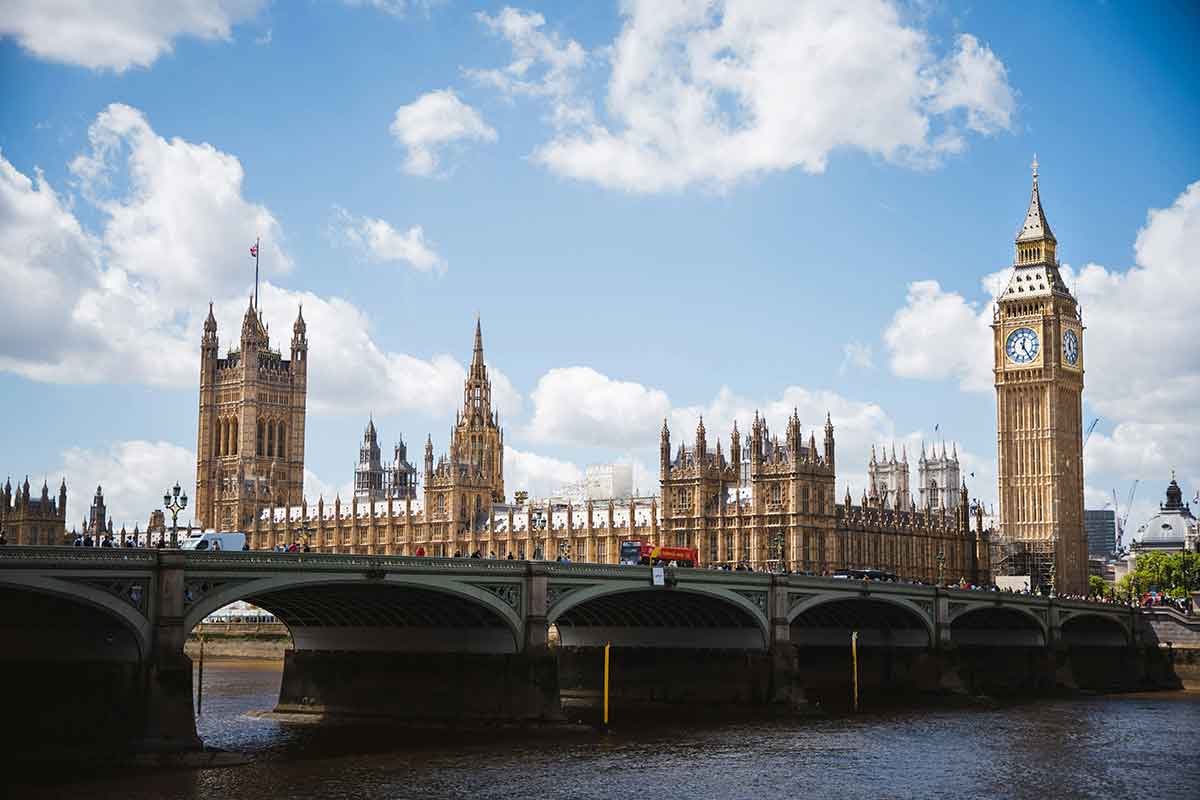
The local authority, which on Wednesday was handed the lowest possible consumer grade from the Regulator of Social Housing, has forecasted a £175m budget gap within three years, £100m of which will be down to temporary accommodation costs.
It anticipates a £47m overspend for the 2024-25 financial year, £31m for temporary accommodation and £16m for social care.
“The rise in demand for, and cost of, temporary accommodation means that the council’s forecast annual expenditure on this is on track to grow from £14m back in 2022-23 to £145m in 2027-28,” according to a council report.
It found a significant number of households in temporary accommodation – around 6,500 – which is down to various factors including a reliance on the private rented sector, a 35% fall in council housing stock in the 25 years since Right to Buy, and benefits not keeping up with inflation.
“We have also seen an increase in the number of presentations stating the main reason for the loss of a settled home as being ‘required to leave’; with accommodation provided by homelessness prevention as a consequence of asylum support increasing by 167%,” according to the report.
Outlining proposed budget cuts at the council, the document went before Newham mayor Rokhsana Fiaz and the cabinet on Tuesday.
In the introduction, Zulfiqar Ali, cabinet member for finance and resources at Newham Council, said: “It is notable that presently 19 authorities (about 5% of the total) have had to access the EFS [exceptional financial support] scheme, and it is expected many more will follow this year and next.
“For Newham, this will not be because we have failed in our financial management approach, rather past government policy and the inefficacies of the housing market in London and the UK have failed us.
“Following any one-off EFS response provided by government, future sustainability in the face of the [temporary accommodation] crisis can only be achieved by a national response to the housing crisis.”
Mr Ali said the council welcomes the actions made by the new government to address homelessness, including banning Section 21 no-fault evictions and pledging to deliver 1.5 million homes this parliament.
However, he said these measures will “need to be coupled with a fair local government funding settlement which realigns needs and demands with allocated resources”.
Chancellor Rachel Reeves is reportedly planning to announce a 10-year settlement for social landlords in the Autumn Budget. However, there has been no official announcement.
Mr Ali said that in absence of policy clarity from the government on its approach, the “current trajectories on cost and demand increases, alongside income streams, are not expected to keep pace with demand”.
He added: “This is significant in light of the financial forecast budget gap of £175m by 2027-28 as it represents nearly 44% of our net annual revenue budget.
“That is why it will be essential to undertake important and vital choices about the level and extent of services provided by the council with substantial savings unavoidable, because available reserves would only cover forecast expenditure for around 18 months.”
A Ministry of Housing, Communities and Local Government spokesperson said: “We know homelessness is far too high and it is having a devastating impact on those affected. Councils already receive funding to help meet the cost of temporary accommodation, but more widely we will provide them with more stability through multi-year settlements.
“The deputy prime minister is taking action to tackle homelessness with ministers across government through a dedicated inter-ministerial group where they will develop a long-term strategy to end and prevent homelessness. Newham has written to the government outlining their financial concerns and we are discussing these with the council.”
Newham Council said the savings and income raising proposals it set out in the report would close the budget gap by £70m over the next three years.
Some of those include making up to eight full time enforcement officers and two ASB officers redundant, along with 12.5 social work roles. The latter would be replaced by three early help posts. More staff cuts are also planned.
It is proposing to reduce the council tax reduction support available to residents, as well as increase fees and charges, other than for parking, “by an average of 20% where permitted”.
Government figures in August revealed that council spending on emergency temporary accommodation has reached £2.29bn.
Sign up for our Council Focus newsletter
Already have an account? Click here to manage your newsletters
